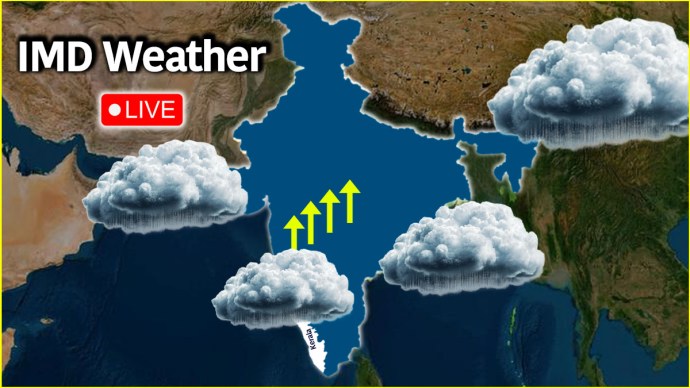India is steadily moving toward a cashless future, marked by remarkable growth in Unified Payments Interface (UPI) transactions. The ease of making payments without carrying cash- and doing so without any fees- has truly transformed the way Indians handle money, making everyday transactions simpler and more convenient for millions. However, recent speculation about the government’s imposition of a fee for transactions above Rs 2,000 has been a concern for everybody. Is the government eying a move to charge a fee for UPI transactions?
Will Government Charge GST On UPI Payments Above Rs 2000?
There were speculations after the Budget 2025, that the government might consider small additional charges for every transaction above Rs 2000. However, Claims that the government is considering imposing Goods and Services Tax (GST) on UPI transactions above ₹2,000 are completely false and misleading. The Finance Ministry has made it clear that there is no such proposal under consideration. GST is only applied to certain charges, such as the Merchant Discount Rate (MDR), which relates to payments made through specific instruments. Importantly, since January 2020, the Central Board of Direct Taxes (CBDT) has removed the MDR on Person-to-Merchant (P2M) UPI transactions, as announced in the official Gazette Notification dated December 30, 2019. Right now, merchants don’t have to pay any MDR charges when customers use UPI or RuPay cards for their transactions.
Experts View
In March, UPI transactions in India hit a record high of ₹24.77 lakh crore. According to experts, the government is unlikely to introduce any fees for UPI payments, as doing so could discourage both consumers and merchants from using the platform. Even a small charge might have a negative impact on the widespread adoption of UPI and could pose a setback to the broader vision of ‘Digital India’.
Experts also believe that apps like PhonePe, Google Pay, and Paytm might start charging a small service fee for processing payments. An 18% GST could then be applied to that service fee. So, users wouldn’t pay GST on the transaction amount itself, but only on the service fee, if and when it is introduced.











